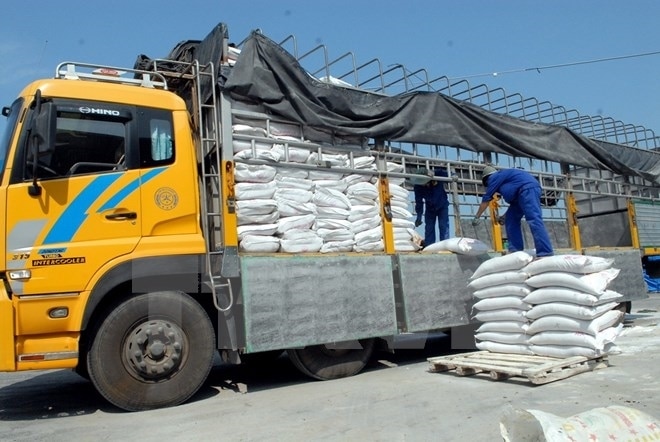 |
| Illustrative photo (Photo: VNA) |
Actual developments are not as expected
The policy of exempting VAT for fertilizers was introduced with the aim of reducing input costs for farmers, but the actual developments have not been as expected. The nature of VAT is an indirect tax, levied on the value added at each stage of production and is deducted continuously. When fertilizers are not subject to VAT, domestic manufacturing enterprises are not allowed to deduct input tax, causing production costs to increase. This forces enterprises to add non-deductible costs to the selling price, making domestic fertilizer prices higher.
Mr. Le Anh Tuan, Chief Accountant of Ha Bac Fertilizer and Chemical Joint Stock Company, shared that the company is currently burdened with tax costs of up to VND250 billion per year. This has limited the competitiveness of Ha Bac Fertilizer, forcing the company to keep its selling price low to compete with imported fertilizers but is not allowed to deduct input tax. As a result, domestic companies do not dare to invest more because the entire VAT cost is not refunded, causing the total investment to increase significantly.
The policy of exempting VAT on fertilizers has unintentionally caused difficulties for domestic enterprises, while the selling price of fertilizers has not decreased as expected. Mr. Nguyen Tuan Hong - Director of Bac Hong Cooperative commented: "Since the application of Tax Law 71, fertilizer prices have increased by 30%".
According to Mr. Nguyen Tuan Hong, before 2014, the cost of fertilizer for each sao of rice field was only about 300,000 VND, but then increased to nearly 500,000 VND, accounting for a significant part of the production cost and profit of farmers...
Rising fertilizer prices have forced farmers to look for cheaper products to cut costs, opening up opportunities for fake, low-quality fertilizers to flood the market.
Mr. Nguyen Tuan Hong shared that many farmers, when facing financial difficulties, choose cheap products, leading to many people taking advantage of this mentality to sell poor quality products, even fake fertilizers. This not only harms crops but also affects the productivity and quality of agricultural products.
Sharing this view, Ms. Vo Lam Que - a durian grower in Dak Lak said: "The cost of fertilizer for my durian garden is very high, but I still have to choose imported fertilizers because they are cheaper."
Although she knows that imported fertilizers can have long-term effects on soil quality, for Ms. Que, immediate costs are still a priority, especially when domestic fertilizer prices are 5-10% higher than imported fertilizers.
As someone who has participated in tax policy development for many years, according to Mr. Nguyen Van Phung, former Director of the Department of Large Enterprise Tax Management, General Department of Taxation, after the implementation of Law No. 71/2014/QH13 (from 2015 to present), the practical operation of the economy has had an adverse impact on both the agricultural sector and the domestic fertilizer production industry, leading to failure to achieve expectations as the target orientation due to many reasons. Firstly, the State Budget (NSNN) has lost VAT revenue at the import stage, estimated to lose about 1,000 billion VND each year due to imported fertilizers being uniformly applied as domestically produced goods according to the commitment to join the World Trade Organization (WTO). Secondly, the selling price of domestic fertilizers has increased because the entire amount of input VAT is not deductible, forcing businesses to account for it in the cost price and pushing up the selling price. Third, along with the loss of state budget revenue from imports, it also creates many difficulties and disadvantages for the domestic fertilizer production industry, because imported fertilizers are not subject to VAT and are also refunded by the exporting country (for example, China 17%, Russia 22%).
Therefore, Mr. Phung said that in practice, there have been many reflections showing that when fertilizers are transferred to the category of not subject to VAT, Vietnam suffers losses on all three sides: the State loses revenue from the State budget and still cannot implement a legal support mechanism for agriculture to reduce domestic prices when world fertilizer prices increase; farmers do not benefit from price reductions or input cost reductions whether fertilizer prices increase or decrease because enterprises must account for non-deductible input VAT into costs and add it to selling prices to preserve capital; domestic fertilizer producers are always at a disadvantage in competing with imported fertilizers in both cases when world fertilizers increase and decrease because imported fertilizers always follow closely the domestic production price. When the selling price is reduced according to the price stabilization policy, enterprises bear the loss and do not receive tax refunds or tax reductions from the State.
Two price mechanisms and their shortcomings
One of the major shortcomings of the current tax policy is the creation of two pricing mechanisms for the same product. According to the analysis of Chairman of the Board of Directors of GC Food Joint Stock Company Nguyen Van Thu, agricultural production enterprises must pay tax when purchasing fertilizer, while farmers buy at tax-free prices. This leads to inconsistency in tax policy, causing farmers to suffer losses.
When fertilizer prices are adjusted according to the import market and there is no VAT, domestic fertilizer producers have to bear additional costs and cannot deduct taxes, leading to higher domestic fertilizer prices. Meanwhile, imported fertilizers are not only not subject to VAT but also get tax refunds from exporting countries. This makes it easier for imported goods to compete and dominate the market.
Faced with this situation, experts and many businesses have proposed a solution to put fertilizers back under the VAT category with a tax rate of 5%. This not only helps domestic businesses deduct input tax, reduce product costs, but also creates fairness in tax policy between domestic and imported fertilizers.
According to Dr. Phung Ha - Chairman of the Vietnam Fertilizer Association: "Putting fertilizers under the 5% VAT will help domestic manufacturing enterprises save costs and lower prices, thereby farmers will also benefit when the retail price of fertilizers decreases."
With a tax rate of 5%, fertilizer manufacturing enterprises will be able to deduct input tax, helping to reduce production costs and creating motivation for enterprises to invest in technology and improve fertilizer quality, Dr. Phung Ha believes.
In addition, applying VAT to fertilizers also helps the State increase budget revenue from imported goods, creating resources to support other agricultural policies. By creating a uniform tax policy, the State can ensure fairness between domestic and international enterprises, and at the same time help control the quality of imported fertilizers.
Need an ecosystem to support farmers
In addition to tax adjustments, Mr. Nguyen Van Thanh, a farmer in An Giang, said that the State should also implement programs to support farmers in fertilizers and production technology. “Fertilizer prices account for a large proportion of production costs. If the State can help us reduce input costs, many farmers will feel more secure in production,” Mr. Thanh shared.
Mr. Nguyen Tuan Hong also emphasized that, in addition to taxes, fertilizer companies need to have support programs for farmers so that they can access high-quality fertilizers, helping to increase crop productivity and reduce risks. Previously, many companies had price support programs for farmers, but since 2014, these programs have gradually decreased due to rising costs.
In countries like China and Thailand, regulated fertilizer markets are linked to commodity financial markets, allowing for greater control over fertilizer prices and quality. These countries have introduced fertilizer taxation and trading platforms to help farmers avoid hoarding fertilizers, reducing the risk of black market trading.
Mr. Nguyen Thanh Ha, Chairman of SBLaw Law Firm, said that Vietnam can learn from other countries' experiences in combining the financial and fertilizer markets, ensuring more uniform and transparent prices and quality of fertilizers. Opening a fertilizer trading floor will help the State more closely control transactions, preventing smuggling and fake fertilizers in the market.
In general, applying a 5% VAT on fertilizers will bring many long-term benefits to farmers and the agricultural sector. This is a solution that not only helps reduce domestic fertilizer prices but also motivates domestic fertilizer manufacturers to invest in technology, improve product quality, thereby better competing with imported goods.
In order for the Vietnamese fertilizer market to develop sustainably, the State needs to quickly review and adjust the VAT policy on fertilizer products. This not only ensures fairness between domestically produced and imported fertilizers but also helps create motivation for domestic fertilizer enterprises to invest and improve product quality.
Bringing fertilizers back under the VAT regime at a rate of 5% will not only help reduce production costs for domestic enterprises, thereby lowering product prices, but also create a fair competitive environment. If domestic fertilizer prices decrease, farmers will benefit through lower input costs, contributing to improving profits in agricultural production.
According to Mr. Phung, "persisting in implementing the principle of continuous deduction of VAT, ensuring equality among domestically produced goods towards the long-term goal of unifying a VAT rate of over 10%. With the above analysis, we find that bringing fertilizer to a VAT rate of 5% is appropriate. At the same time, in macro management, we would like to propose continuing to keep fertilizer in the price stabilization list, the State can force domestic enterprises to reduce domestic selling prices to support agricultural production when world fertilizer prices fluctuate and increase. The State's sharing with agriculture and the domestic fertilizer industry through the VAT refund mechanism when input VAT exceeds the output tax rate of 5% is highly feasible because the refund source is balanced from VAT revenue from imported fertilizers and does not affect other balances. Moreover, if tax policy is adjusted in the right direction, domestic fertilizer production enterprises will have more motivation to invest into advanced production technology, to improve quality and diversify products. With highly effective, environmentally friendly fertilizers such as slow-release nitrogen fertilizers or nutrient-controlled fertilizers, farmers will have more choices, thereby contributing to improving the quality of agricultural products and protecting long-term cultivated land.
However, for the VAT policy on fertilizers to be truly effective, the authorities also need to coordinate closely in the inspection and supervision of fertilizer quality in the market, especially in preventing fake and poor quality fertilizers. Combining tax policies with quality control measures will create a sustainable agricultural ecosystem, helping farmers feel secure in investing in production and protecting the quality of Vietnamese agricultural products. Moreover, with the characteristics of an agricultural country, ensuring the supply of quality fertilizers at reasonable prices will be the key to improving the productivity and competitiveness of Vietnamese agricultural products in the international market.
From all the above analysis, it can be seen that adjusting VAT for fertilizers is not only a measure to support businesses or farmers, but also a strategic policy to promote sustainable development of the entire agricultural sector in the long term. Applying a 5% tax on fertilizers will bring many positive benefits, creating a solid foundation for Vietnam's agriculture to go further in the future.


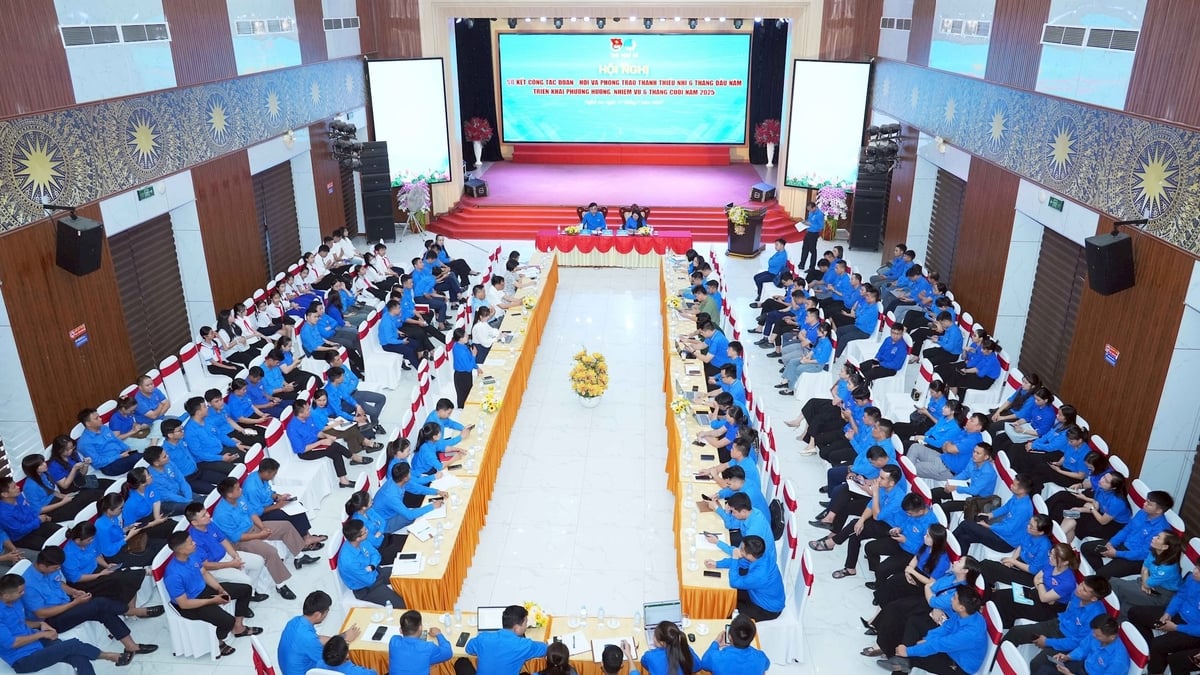



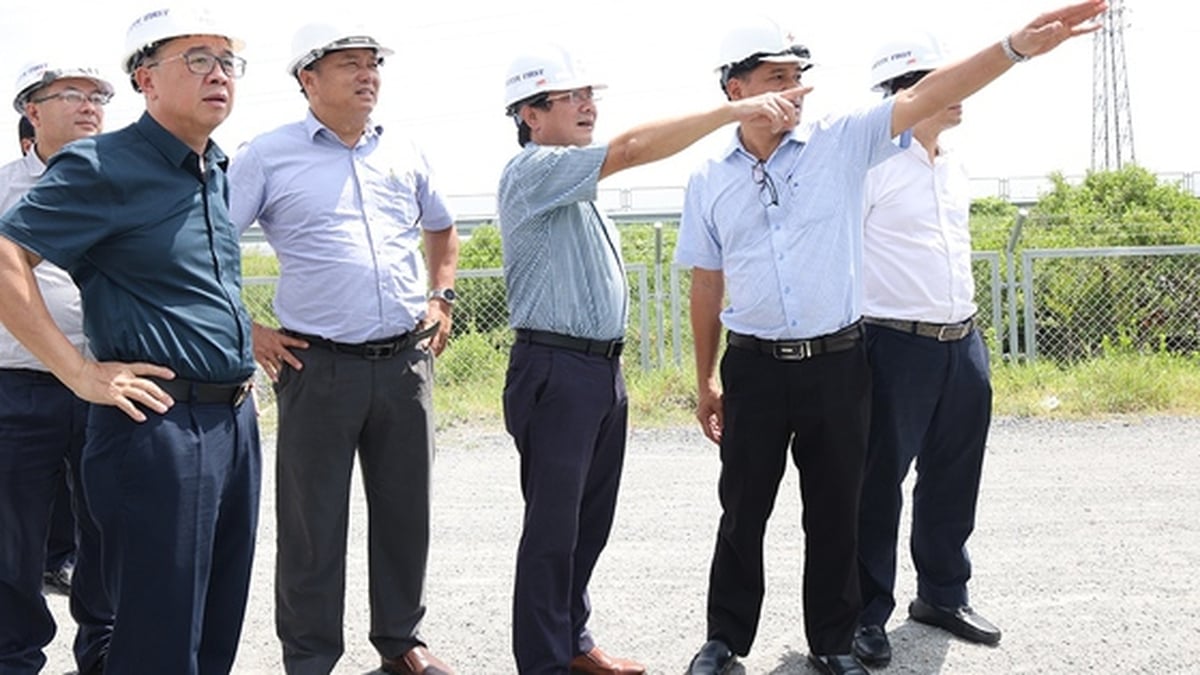
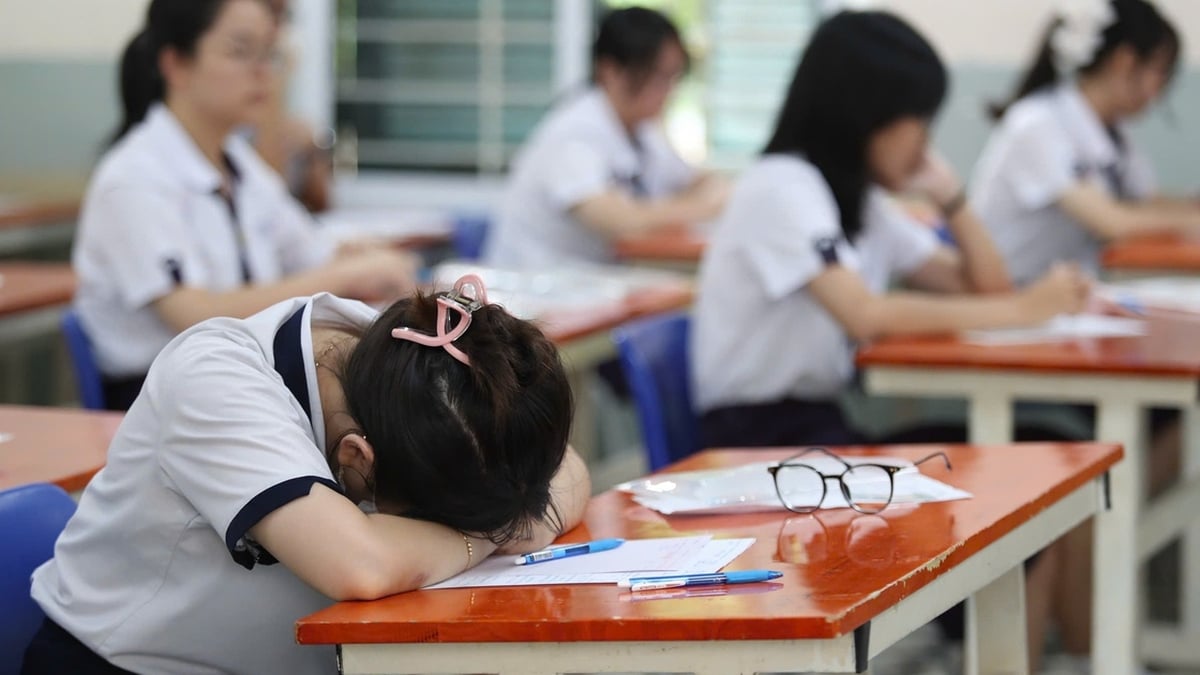
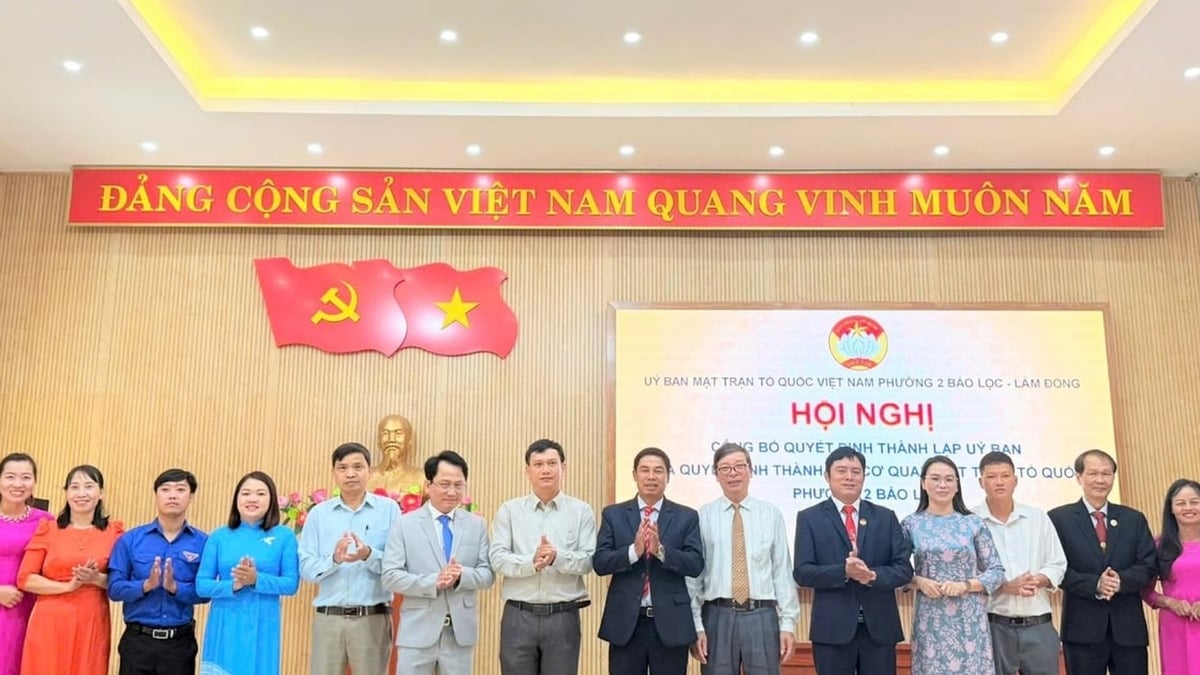
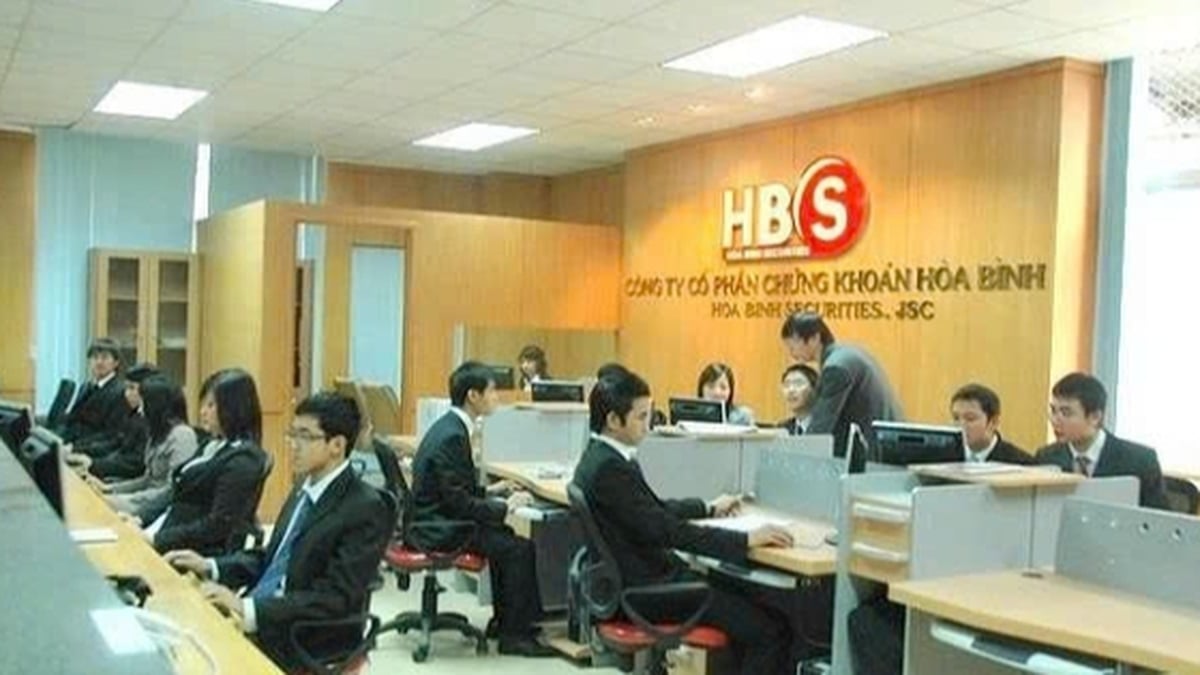















































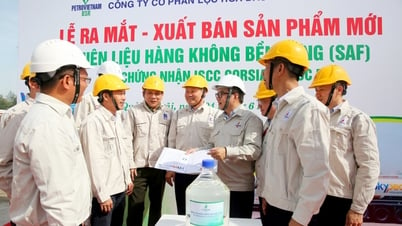




![[Maritime News] More than 80% of global container shipping capacity is in the hands of MSC and major shipping alliances](https://vphoto.vietnam.vn/thumb/402x226/vietnam/resource/IMAGE/2025/7/16/6b4d586c984b4cbf8c5680352b9eaeb0)








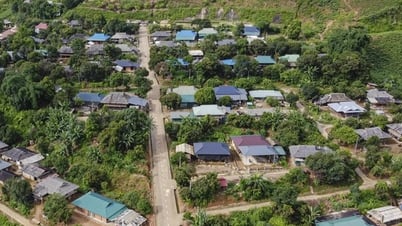





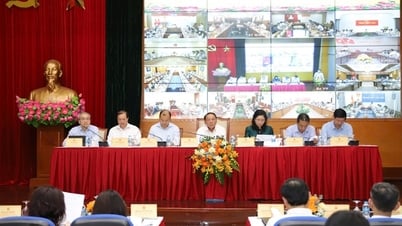






















Comment (0)